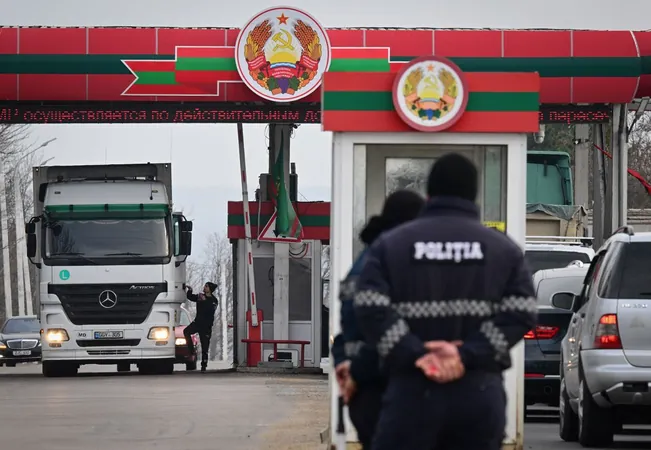
Is Transnistria on the Brink of Collapse? The Gas Crisis Could Change Everything
2025-01-14
Author: Charlotte
Is Transnistria on the Brink of Collapse? The Gas Crisis Could Change Everything
On January 1, 2025, a seismic shift occurred when Russia halted natural gas supplies to Moldova, sparking an immediate economic crisis in the breakaway region of Transnistria, which has been under Russian control since 1992. This crisis has raised a troubling question: Can Transnistria survive without the lifeblood of Russian gas?
For years, free Russian gas has served as the economic backbone of Transnistria, effectively maintaining its de facto independence from Moldova. Now, with gas supplies cut off, predictions of political upheaval and potential reintegration into Moldova are surfacing, shaking the very foundations of the Kremlin's influence in Eastern Europe.
Experts like Ion Manole from Promo-LEX highlight that reintegration is unlikely and fraught with complications. Moldova has refrained from pursuing this possibility, which could provoke a backlash from Russia, possibly destabilizing the region and increasing the number of pro-Russian voters within Moldova. "There are far too many actors in Moldova who would assist Russia in retaining influence," Manole noted, indicating that the gas crisis could be leveraged by Moscow to tighten its grip on Moldova, rather than loosen it.
A Frigid Winter and Economic Stagnation
Prior to January 1, 2025, while Moldova had ceased purchasing Russian gas since 2022, Transnistria continued to benefit from these supplies. The recent cutoff was linked to Ukraine’s cessation of Russian gas transit, correlating with Moldova's substantial gas debt, which Gazprom claims exceeds $700 million. The situation is dire, with approximately 1,500 buildings in Transnistria lacking heating and electricity, impacting nearly 72,000 households. The unrecognized leader of the region, Vadim Krasnoselsky, has publicly acknowledged the crisis, while industrial operations grinded to a halt.
Transnistria has categorically rejected Moldova’s offer to facilitate alternative gas supplies from Europe, instead anticipating a resumption of natural gas from Gazprom. Meanwhile, Moldova has seen a spike in electricity prices as its reliance on Transnistrian energy resources has been compromised.
Political Consequences: An Uncertain Landscape
The population of Transnistria is growing increasingly discontent with the leadership in Tiraspol, which sees its credibility erode as basic needs remain unmet. However, analysts suggest that despite the crisis, significant political shifts within Transnistria may not materialize due to the absence of a viable opposition or alternative political parties capable of challenging the current regime.
Yet, some observers speculate that the energy crisis may reveal cracks in the narrative of stability that has historically bolstered Tiraspol's leadership. "Citizens are beginning to question the legitimacy of their government," posits Eugen Muravschi, hinting that an awakening might occur despite the oppressive political climate.
The Risk of Russian Retaliation
One of the primary reasons for Moldova's hesitance to reabsorb Transnistria is the potential for Russian military aggression. Analysts, including Jamie Shea from Chatham House, caution that while Russia could theoretically mount a military operation, such an undertaking would be complicated by its ongoing commitments in Ukraine.
Russia maintains around 1,700 troops in Transnistria, but they lack the capability for significant offensive operations without substantial reinforcement. The geopolitical situation is further complicated by the absence of Russian control over Ukrainian territories that would provide logistical support for a military operation in Moldova.
A Game of Influence: The Stakes in Future Elections
Instead of direct military action, it is suggested that Russia may opt to exploit the crisis to destabilize the Moldovan political landscape, particularly as parliamentary elections loom in 2025. Allegations of Russian interference have surfaced, indicating that Moscow may employ pro-Kremlin elements within Moldova to destabilize the government. As election campaigns gear up, these parties are likely to frame the current energy instability as a failure of the pro-Western government, potentially swaying public sentiment towards candidates promising a return to Russian support.
Moldova's President Maia Sandu and the ruling party are facing increased pressure as public frustration mounts over rising energy costs and economic instability. If the crisis worsens, it could shift the political dynamics in favor of pro-Russian candidates, threatening Moldova's European aspirations and societal stability.
Muravschi underscores that while this situation could serve as a catalyst for reintegration, the lack of a proactive Moldovan strategy means the current turmoil may simply exacerbate the existing issues rather than create a pathway for resolution. “Without significant initiative from Chisinau, it is unlikely that this crisis will result in any major political shifts,” he warned.
As the region navigates these tumultuous waters, the fate of Transnistria hangs in the balance, raising critical questions about the future of Moldova and the broader geopolitical landscape of Eastern Europe. Will this crisis prompt an awakening among Transnistrians, or will it further entrench Russian influence? The unfolding narrative promises to capture global attention as these questions continue to develop.

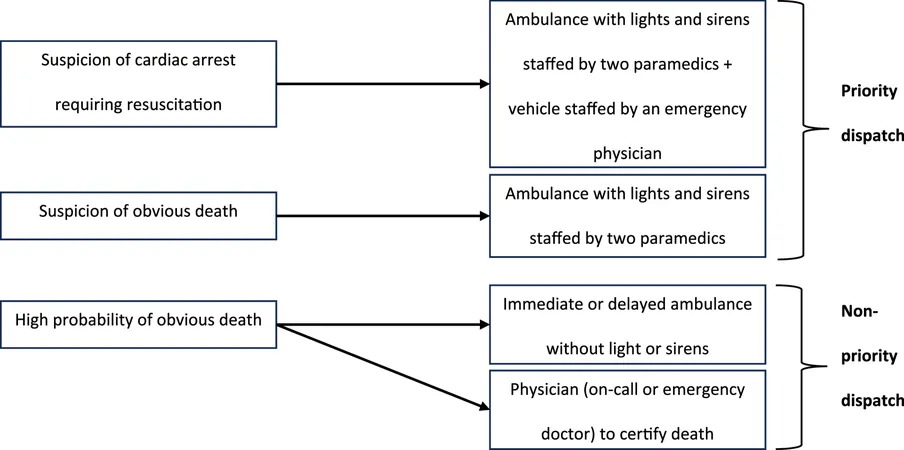


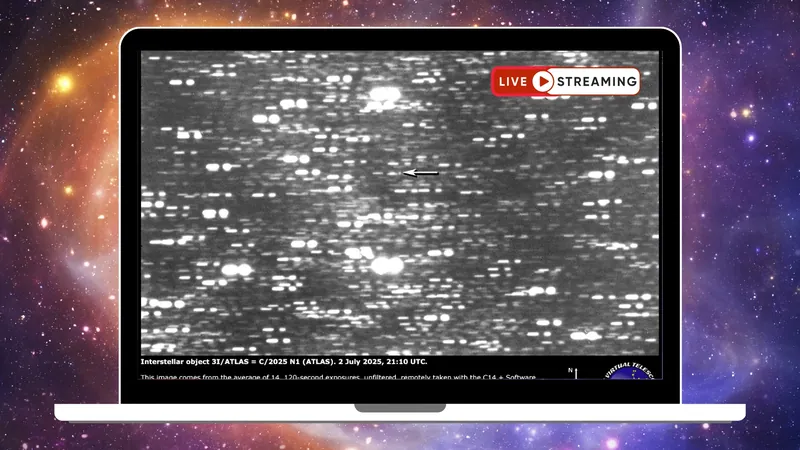
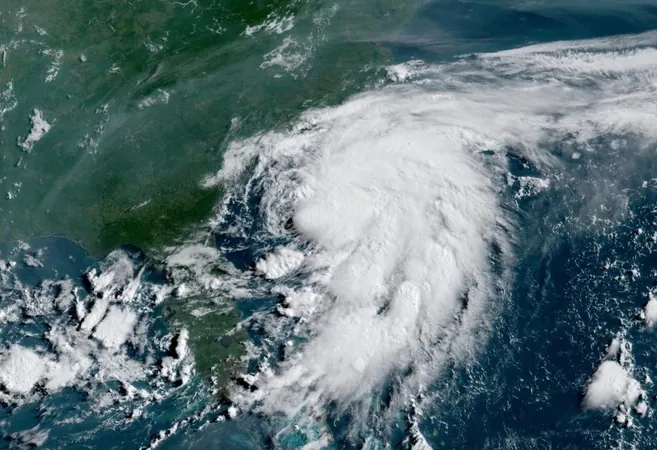

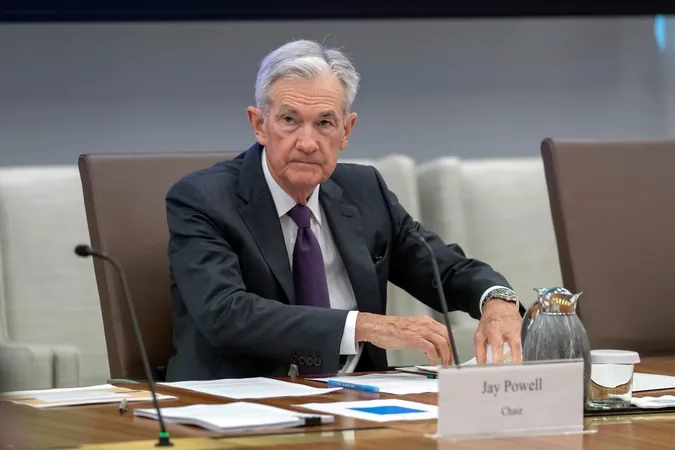

 Brasil (PT)
Brasil (PT)
 Canada (EN)
Canada (EN)
 Chile (ES)
Chile (ES)
 Česko (CS)
Česko (CS)
 대한민국 (KO)
대한민국 (KO)
 España (ES)
España (ES)
 France (FR)
France (FR)
 Hong Kong (EN)
Hong Kong (EN)
 Italia (IT)
Italia (IT)
 日本 (JA)
日本 (JA)
 Magyarország (HU)
Magyarország (HU)
 Norge (NO)
Norge (NO)
 Polska (PL)
Polska (PL)
 Schweiz (DE)
Schweiz (DE)
 Singapore (EN)
Singapore (EN)
 Sverige (SV)
Sverige (SV)
 Suomi (FI)
Suomi (FI)
 Türkiye (TR)
Türkiye (TR)
 الإمارات العربية المتحدة (AR)
الإمارات العربية المتحدة (AR)